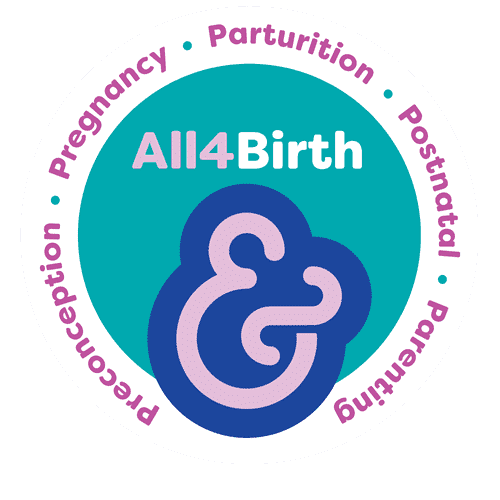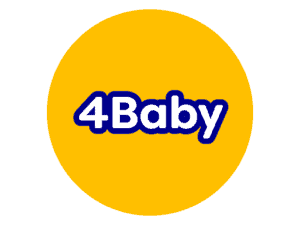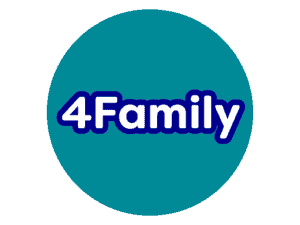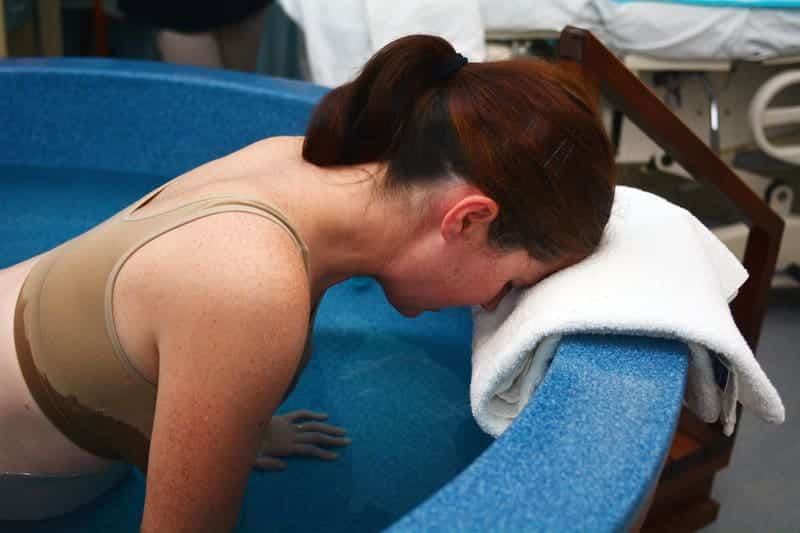Laura Spence
Laura Spence, a seasoned Scottish Midwife, has over a decade of experience. Her journey, enriched by her lived experiences with autism and ADHD, drives her unwavering commitment to championing neurodiversity in women’s health. As a late-diagnosed ADHD female, Laura’s unique perspective fuels her passion for advocacy in this field.
Website
Website: https://neuronatal.net
Facebook: https://www.facebook.com/theADHDmidwife and https://www.facebook.com/profile.php?id=61561061488498
Instagram: https://www.instagram.com/neuro_natal/
Linked In: https://www.linkedin.com/in/theadhdmidwife/
September is suicide prevention month, making it the ideal time to bring our attention to the connection between perinatal mental health and neurodiversity. In the UK, suicide remains a leading cause of maternal mortality in the first year after childbirth, emphasising the urgent need for targeted interventions and support systems for this vulnerable population. Recent studies have shown that individuals on the autism spectrum are at a higher risk of experiencing suicidal thoughts and behaviours compared to their non-autistic counterparts, with women being particularly susceptible to these risks [1][2][3].
Understanding the unique communication styles and emotional expressions of autistic individuals is crucial in recognising signs of distress that may not align with typical expectations. Many autistic individuals experience alexithymia, a condition that impairs their ability to identify and articulate their emotions, which can complicate their mental health management and increase their risk of suicidal ideation [1][2]. Furthermore, societal pressures often force autistic individuals to mask their true feelings and behaviours to conform to social norms, leading to a suppression of their emotional struggles and exacerbating their mental health challenges [1][2][3]. This masking can create a facade that hides their distress, making it difficult for others to recognise their need for support.
The interaction between autism and co-occurring conditions, such as Attention-Deficit/Hyperactivity Disorder (ADHD), complicates the mental health landscape for neurodivergent individuals. Research has demonstrated that ADHD is prevalent among individuals on the autism spectrum and is linked to an increased risk of impulsivity and suicidal behaviours [4][5][6]. Particularly, women diagnosed with ADHD may face unique vulnerabilities, including heightened stress from peer relationships, parenting expectations, and experiences of childhood maltreatment. These factors contribute to an increased risk of self-harm and suicidal behaviours.
Studies indicate that adults with ADHD are significantly more likely to attempt suicide than those without the disorder [4][5][7]. The risk of suicide attempts among women with ADHD is particularly alarming, with estimates suggesting that a significant proportion may engage in such behaviours [4][5][7]. This increased risk is closely linked to impulsivity, a core symptom of ADHD, which is a significant predictor of suicidal behaviours [4][5][7]. The presence of co-occurring psychiatric conditions such as depression and anxiety further compound this risk, as individuals with ADHD often experience these comorbidities at higher rates than the general population [4][5][7]. Approximately two-thirds of individuals with ADHD have at least one other psychiatric diagnosis, which is recognised as a significant risk factor for suicide [4][5][7].
It is paramount to specifically acknowledge and confront the unique challenges encountered by neurodivergent women during the perinatal period. Employing active listening as a tool to comprehend these challenges can effectively diminish the stigma associated with mental health issues and establish a supportive environment that fosters open dialogues regarding these matters [1][2][3]. This approach is pivotal in enhancing access to essential resources and ensuring that neurodivergent women obtain the requisite support during this crucial phase. It is imperative to elevate the voices of neurodivergent women in conversations pertaining to maternal health and suicide prevention, as this is fundamental in devising targeted interventions that cater to their needs.
Recent literature emphasises the need for tailored mental health interventions for perinatal women, particularly those who are neurodivergent. Safety planning interventions, which involve creating structured resources to help individuals manage self-harm and suicidal urges, have been recommended by the National Institute for Health and Care Excellence (NICE) in the UK [1]. These interventions can be particularly beneficial for autistic individuals and those with ADHD, as they provide personalised coping strategies that align with their unique communication styles and emotional needs.
In addition, it is important to incorporate prenatal and perinatal influences into models assessing the risk of suicide to comprehend the enduring impact of maternal mental health on offspring [8]. Research indicates that family and socioeconomic factors, as well as markers of fetal growth, are associated with heightened suicide risk many decades later. This emphasises the significance of early intervention and support. By addressing these elements, we can advance our comprehension of the underlying causes of suicide and direct prevention initiatives on a broader scale.
The intersection of perinatal mental health and neurodiversity presents a complex scenario that requires a comprehensive understanding and targeted interventions. Neurodivergent women, particularly those with autism and ADHD, face an increased risk of suicide, highlighting the need for a multifaceted approach that acknowledges their unique challenges during the perinatal period. By fostering supportive environments, raising awareness, and prioritising the mental health needs of neurodivergent women, we can work towards reducing maternal suicide rates and enhancing overall maternal and fetal health.
Links to other resources
 Film Audio and Apps
Film Audio and Apps
Baby Buddy app, created by the Best Beginnings Charity
 Websites
Websites
References
-
-
- Reid, Holly, et al. “Psychological intervention priorities according to perinatal women who experienced suicidal thoughts and perinatal mental health professionals: a q-methodology study”. Frontiers in Psychiatry, vol. 14, 2023. https://doi.org/10.3389/fpsyt.2023.1286500
-
-
-
- Arditi-Arbel, Bar, et al. “Suicidal ideation and behaviour among perinatal women and their association with sleep disturbances, medical conditions, and known risk factors”. Frontiers in Psychiatry, vol. 13, 2023. https://doi.org/10.3389/fpsyt.2022.987673
-
-
-
- Bazoukis, Xenophon, et al. “Suicides and suicidal ideation during the perinatal period: clinical and demographic data”. International Journal of Innovative Research in Medical Science, vol. 7, no. 12, 2022, p. 717-725. https://doi.org/10.23958/ijirms/vol07-i12/1564
-
-
-
- Giupponi, Giancarlo, et al. “Suicide risk in attention-deficit/hyperactivity disorder”. Psychiatria Danubina, vol. 30, no. 1, 2018, p. 2-10. https://doi.org/10.24869/psyd.2018.2
-
-
-
- Huang, Kou‐Yuan, et al. “Risk of suicide attempts in adolescents and young adults with attention-deficit hyperactivity disorder: a nationwide longitudinal study”. The British Journal of Psychiatry, vol. 212, no. 4, 2018, p. 234-238. https://doi.org/10.1192/bjp.2018.8
-
-
-
- Yang, Chan-Mo, et al. “The association between attention deficit/hyperactivity disorder symptoms and the number of suicide attempts among male young adults with unipolar and bipolar depression”. Journal of Korean Academy of Child and Adolescent Psychiatry, vol. 31, no. 2, 2020, p. 88-93. https://doi.org/10.5765/jkacap.200009
-
-
-
- Sun, Shihua, et al. “Association of psychiatric comorbidity with the risk of premature death among children and adults with attention-deficit/hyperactivity disorder”. Jama Psychiatry, vol. 76, no. 11, 2019, p. 1141. https://doi.org/10.1001/jamapsychiatry.2019.1944
-
-
-
- Orri, Massimiliano, et al. “In-utero and perinatal influences on suicide risk: a systematic review and meta-analysis”. The Lancet Psychiatry, vol. 6, no. 6, 2019, p. 477-492. https://doi.org/10.1016/s2215-0366(19)30077-x
-










